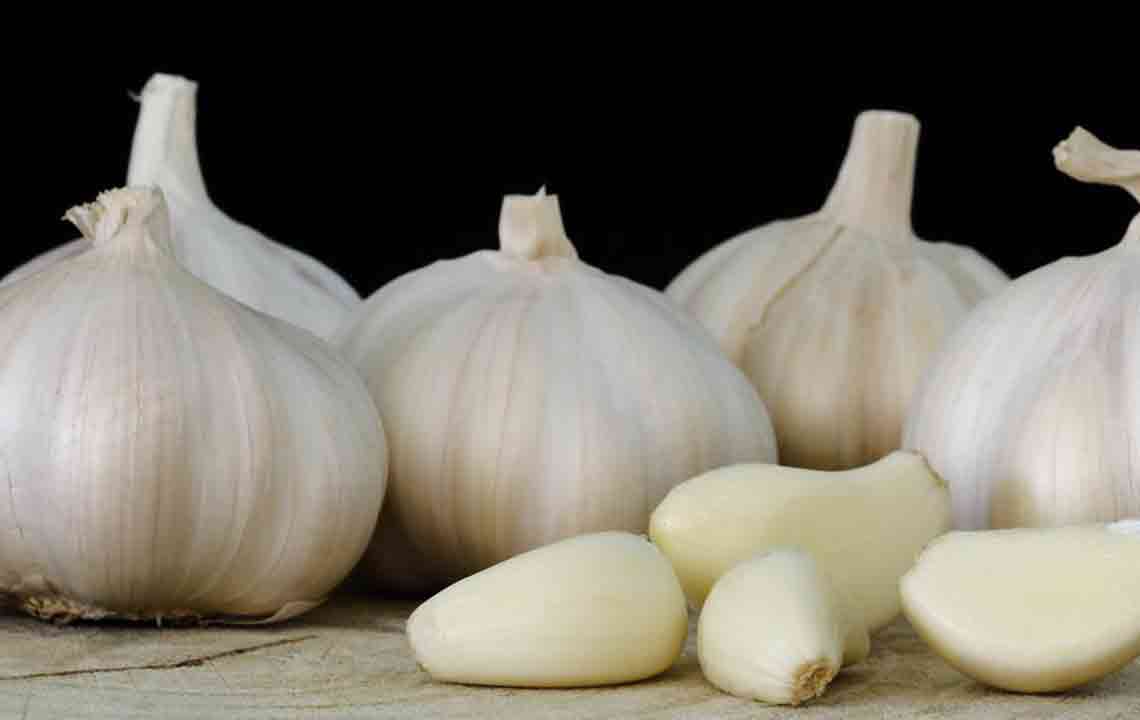Effective Natural and Medical Strategies for Constipation Relief
This comprehensive guide explores natural and medical strategies for effectively managing constipation. It covers symptoms, causes, lifestyle adjustments, dietary tips, over-the-counter remedies, and when to seek medical attention. Emphasizing holistic approaches, the article offers practical advice for alleviating discomfort and preventing future bowel issues. Whether related to lifestyle changes or underlying health conditions, understanding these methods can significantly improve digestive health and overall well-being.

Comprehensive Approaches to Managing Constipation Naturally and Medically
Occasional infrequent bowel movements are a common experience and often not a cause for concern. Missing one or two days of bowel movements is considered normal for some individuals, especially if their typical pattern is more frequent. However, consistently having fewer than three bowel movements per week may be classified as constipation. Recognizing the symptoms of constipation involves noting difficulty in passing stool, a significant decrease in bowel movement frequency, or encountering stool that is hard, dry, or lumpy. While constipation itself is usually not dangerous, it can be indicative of underlying health issues or lead to discomfort that affects daily life.
Managing constipation effectively often involves addressing its root causes, which can vary widely from lifestyle factors to underlying medical conditions. Conditions such as hypothyroidism, Parkinson's disease, colon cancer, inflammatory bowel disease, diverticulitis, and celiac disease are known to contribute to bowel irregularities, including constipation.
Common signs and symptoms of constipation include:
Infrequent bowel movements, typically fewer than three per week
Difficulty during defecation, often requiring straining
Hard, dry, or lumpy stools that are difficult to pass
A sensation of incomplete evacuation after a bowel movement
Discomfort like nausea, bloating, and abdominal cramping
Several factors can trigger or exacerbate constipation:
Use of certain medications such as calcium or aluminum-based antacids
Dietary habits, especially low fiber intake
Dehydration and insufficient fluid consumption
Reduced physical activity and sedentary lifestyles
Natal factors like pregnancy that influence hormonal and physical changes
Neurological disorders, including Parkinson’s disease and multiple sclerosis
Muscle or nerve problems affecting normal bowel function
Resisting the natural urge to defecate, which can impair bowel movements over time
Medications such as antidepressants, iron supplements, and opioids
Underlying health conditions like hypothyroidism
If you're experiencing constipation, implementing simple lifestyle and dietary changes can often provide relief. These include increasing water intake, consuming more fiber-rich foods, and incorporating physical activity into daily routines.
Drink at least four additional glasses of water daily, unless advised otherwise by your healthcare provider
Opt for warm beverages such as herbal teas or warm water with lemon to stimulate digestion
Incorporate high-fiber fruits, vegetables, and whole grains into your diet to promote regular bowel movements
Consume dried fruits such as prunes, which contain natural laxatives, to aid digestion
Over-the-counter remedies like stool softeners (e.g., docusate) and mild laxatives can also be effective for immediate relief. Nonetheless, these should not be used extensively—prolonged use beyond two weeks may lead to dependency or other complications. If symptoms persist or worsen despite these measures, or if you notice additional concerning signs, consulting a healthcare professional is essential.
When to Seek Medical Attention
Initial onset of persistent constipation or change in bowel habits
Presence of blood in the stool or rectal bleeding
Severe or unbearable abdominal pain during bowel movements
Constipation that fails to improve after home treatments
Appearance of very thin, narrow, or ribbon-like stools, which may indicate intestinal blockage
Healthcare providers may recommend lifestyle adaptations, including dietary modifications such as increasing intake of fruits, vegetables, and fiber, along with staying well-hydrated. Stress management techniques and avoiding processed foods can also support digestive health. In more severe or chronic cases, medical interventions like enemas or surgical procedures might be necessary. Incorporating practices like yoga can enhance overall gastrointestinal function and reduce symptoms. Most cases of constipation see significant improvement within days to weeks when proper management steps are followed.





